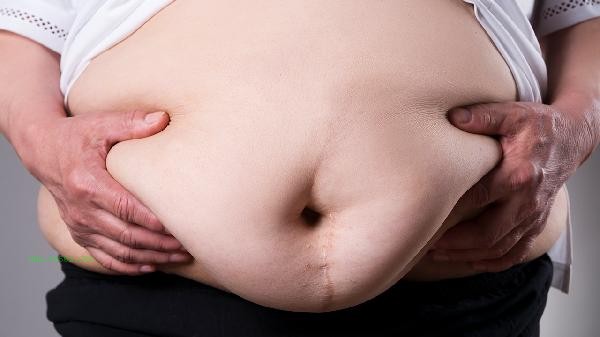During weight loss, if hungry at night, you can choose low calorie and high fiber foods, mainly including boiled vegetables, sugar free yogurt, egg whites, oatmeal, and low sugar fruits.
1. Boiled vegetables:

Green leafy vegetables such as broccoli and spinach have less than 50 kcal/100g of calories after boiling, and are rich in dietary fiber to delay gastric emptying. It is recommended to choose non starchy vegetables, avoid adding oil or sauce, and season with a small amount of salt and lemon juice. This type of food can increase satiety without affecting weight loss.
2. Sugar free yogurt:
Choose skim and sugar free yogurt with a protein content of ≥ 3 grams, which contains approximately 60 calories per 100 grams. The casein in yogurt can promote the secretion of cholecystokinin to produce satiety signals, and lactic acid bacteria help maintain the balance of gut microbiota. Pay attention to the ingredient list and avoid adding sugar, jam, and other ingredients.
3. Egg white:

The protein portion of boiled eggs contains about 15 kcal each, and protein digestion and absorption take 4-6 hours, which can continuously provide a sense of fullness. Branched chain amino acids in protein can reduce muscle breakdown and are suitable for supplementation after exercise. Avoid consuming egg yolks, which have a high cholesterol content and three times the calories of egg whites.
4. Oatmeal:
20g pure oatmeal is about 70 kcal, and β - glucan expands with water to form gel to delay hunger. Choose raw oats that need to be cooked and avoid adding sugar to ready to eat products. Can be paired with 200ml skim milk to increase calcium intake, but the total calorie intake should be controlled within 150 kcal. 5. Low sugar fruits: Berries such as cherry tomatoes and strawberries have a sugar content of less than 8%, with approximately 30-50 calories per 100 grams. Pectin and resistant starch can regulate blood sugar fluctuations, while vitamin C can alleviate stress reactions during weight loss. Avoid high sugar fruits such as bananas and lychees, and limit single consumption to fist size.
Nighttime snacks should be completed three hours before bedtime, with a single calorie intake not exceeding 200 kcal. Prioritize solid foods that require chewing, chew slowly and prolong eating time. Avoid refined carbohydrates and fried foods, which may stimulate insulin secretion and promote fat accumulation. Maintaining a regular schedule can help regulate the secretion of hunger hormones. If there is frequent strong hunger sensation, check whether the daily diet structure lacks protein or high-quality fats. Long term excessive hunger at night may indicate impaired basal metabolism, and it is recommended to consult a nutritionist to adjust the diet plan.





Comments (0)
Leave a Comment
No comments yet
Be the first to share your thoughts!